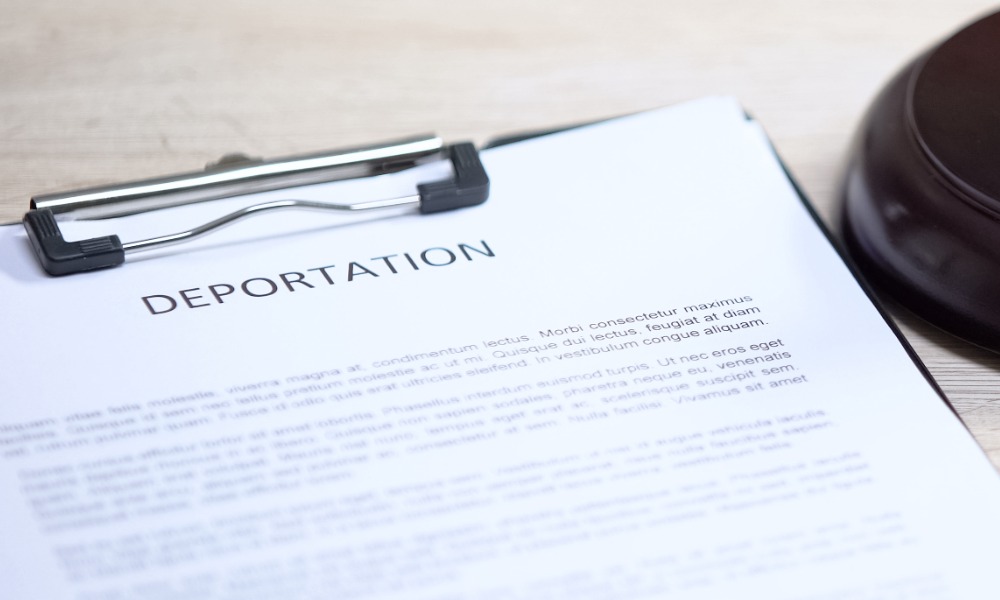First impressions count – but how much of a role does appearance play in career progression?

First impressions count – but how much of a role does appearance play in career progression?
A study conducted by sociologists Jaclyn Wong and Andrew Penner found that women who are well-groomed in the workplace earn more than those who aren’t.
After collecting data from over 14,000 employees, the researchers determined a link between income and attractiveness – though specifically effort based such as wearing makeup.
The study, entitled 'Gender and the Returns to Attractiveness', looked at how well put together an employee was, in regards to their appearance, and how that related to their annual income.
The research found that women who wear make-up and, for instance, look after their hair have a higher level of earning than those who do not. However, men who look after themselves don’t really see much dividends – as they’re judged more on merit.
“In summary, being born with good looks helps at the workplace, but it is more important to be well-groomed to enjoy a boost in income,” wrote Wong. “Being attractive is not enough; it is doing attractiveness appropriately that gets rewarded in the workplace.
“Perhaps this is because the amount of effort someone puts into maintaining his or her appearance corresponds with how much effort he or she will put into his or her job. At any rate, we show that physical attractiveness is an important source of inequality in the labour market.”
How do you rate grooming in regards to employee salary? Tell us in the comments.








